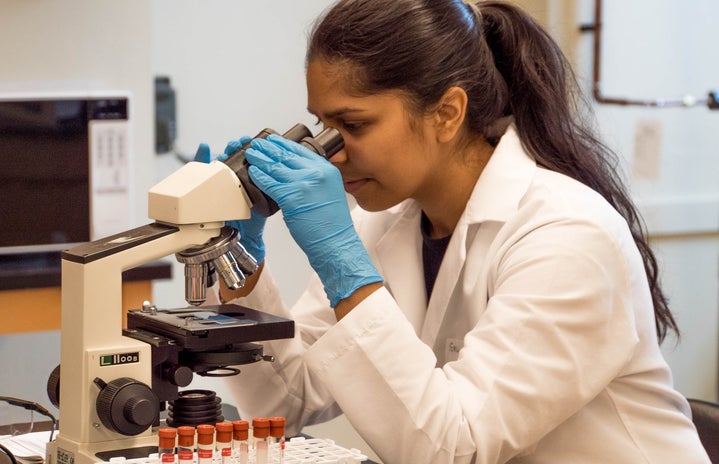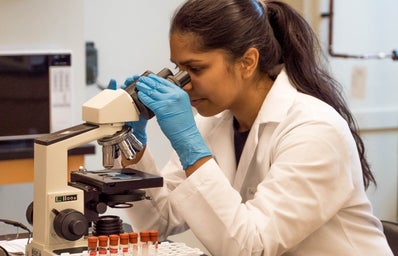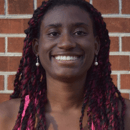The other day, I looked through old photos on my phone and came across a screenshot I had taken from Ancestry DNA. I was fortunate to receive a free DNA test from Ancestry.com through my university, alongside my older brother and our mother, a few years ago. It’s been a while since I last looked at it, but I haven’t reflected on it as much since. Why not now?
I’m African American. Everyone in my immediate family is, so I suspected I’d get a high percentage of African ancestry in my DNA test results. Of course, I also expected to have some European ancestry. It’s hard to ignore that part of history, no matter how much I’d want to deny it.
Where I was from in Europe, and, specifically, Africa, was the bigger question. With Europe, I suspected the usual from colonization—England, larger Great Britain, maybe even Spain—but Africa was more of a mystery to me. I knew that most enslaved Africans came from West Africa, but where? The continent has been chopped up for sure, but there has to be a general region where I am from.
My results were mixed, as most people’s are. The results change as Ancestry DNA updates its data to more accurately match people with certain regions, but most of my DNA has been of African descent at about 82%. The largest region by percentage is Nigerian at 31%, followed by Mali at 23%. My European is 17%; the largest number is 13% from England, Wales, & Northwestern Europe. The lowest result was Indigenous American from Mexico at 1%.
Last semester, I went to a panel discussion on UNCW’s campus on DNA results and its effects on identity. Several interesting points were brought up, one of them being how often people overestimate their Native American ancestry. Like many people, I grew up hearing that a distant relative was Cherokee (my dad’s great-grandmother, I believe), but my result is 1% and doesn’t tell me which region or tribe my family was from.
On the flip side, many people have African ancestry but deny it because of our country’s history with racism and colorism. One of my friends discovered he had some African ancestry, but his grandmother refused to believe it. In fact, she stopped talking to him when she found out. He also mentioned that his grandmother used to warn him not to stay out in the sun for too long, so he didn’t get “too dark.”

At the same time, I couldn’t claim the identity of African. I never grew up in Western Africa (nor have I ever visited) and I didn’t know of any family who lived there. And then there was the question of how to claim my identity. African is very broad for a whole continent to base your identity off of, but what would be better? The 31% Nigerian? What about the 23% Mali? What flag would I represent? Could I even represent a flag of a country I didn’t even know I had a connection to before I took a DNA test?
But something happened at that panel discussion. One person mentioned their results in relation to their identity.
“At the end of the day,” she said, “I know what kind of mud I am.”
I liked that comment because we’re all just mud and made of the earth. That isn’t to say that race doesn’t exist or doesn’t matter (because it absolutely does in our world), but that is to say that really, truly, deeply, it doesn’t matter. It’s labels we’ve slapped on ourselves and used to mold a system of class and society, but it doesn’t actually matter. We’re all just people.
I know this isn’t going to change everyone’s opinion. I know some will still claim to not have any African ancestry or overestimate their Native American heritage. I know racism still exists, and I know colorism exists in our community. But right then, when it came to science, suddenly it all didn’t matter. It was like someone had thrown off a blindfold on our connotations of race and identity. And if I could see it, I believed others could, too. Not everyone, but maybe just enough people. If one person’s perspective changed because of a DNA test, then it was worth something.


